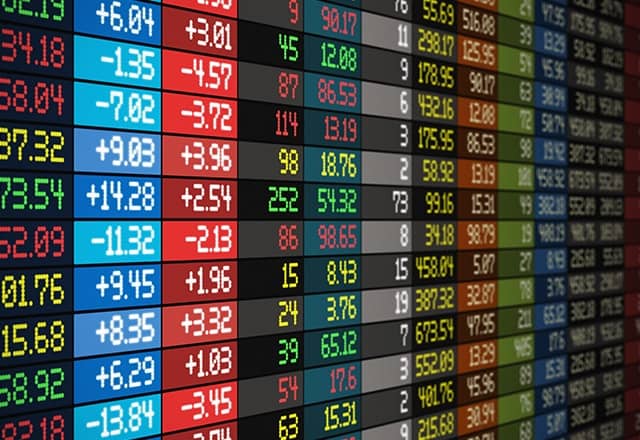(AOF) – OVHcloud has completed the acquisition of the German company gridscale, specializing in hyperconverged infrastructure. “This acquisition marks a strategic step in accelerating the group’s geographic expansion by allowing it to enter the fast-growing Edge Computing market”, specifies the European cloud specialist.
AOF – LEARN MORE
Key points
– European number 1 in cloud services, created in 1999, with a network of 33 data centers hosting 450,000 servers on 4 continents;
– €788 million in revenue, generated mainly in Europe (78%, of which 49% in France), split between the private cloud for 62%, the historical activity (site hosting and domain registration) for 22% and the public cloud for 16%;
– Vertically integrated production model, from the manufacture of servers, the operation of data centers and network resources to the management of IT infrastructures, this proprietary technology giving a substantial cost advantage;
– Capital 69.6% controlled by the Kabla family (employees holding 2.6%), Octave Kabla, founder, chairing the 9-member board of directors and Michel Paulin being managing director;
– Controlled balance sheet with net debt of €525 million, i.e. a leverage effect of 1.7, hence secure financing for growth until 2026.
Challenges
– “Move to PaaS” strategy:
– 25% annual increase in revenues and operating margin of 42% from 2025:
– penetration of the market for new uses of the cloud (artificial intelligence, encryption, etc.) and PaaS solutions integrated by partnerships;
– consolidation in Europe and development in the United States,
– medium-sized acquisitions and maintenance of growth capex at 30-34%;
– Innovation strategy by partnership ecosystem and open source:
– pooling of Lunix patents within the Open Innovation Network articulated with the intellectual protection of own patents, partnerships with system integrators and application providers, scientific and industrial partnerships, presence in collaborative platforms,
– SMART approach: structuring customer-centric concepts leading to a family of 137 patents (software, cooling, electronics and mechanics),
– Start-up Program, Marketplace, close links with component manufacturers;
– Environmental Strategy 2030:
– net zero carbon for production and suppliers (40% of the group’s footprint),
– 100% low-carbon energy by 2025 and zero waste in 2030;
– circular approach: exclusive water-based cooling, reconditioning,
– zero waste in 2030;
– Maintenance of the turnover retention rate, of 114% at the end of June 2022;
– Commercial spin-offs from offers encompassing Iaas and Paas and, in the United States, from the restructuring of vCloudAir;
– Specific strengths: competitive price, open source solutions and data sovereignty via the “trusted cloud” positioning and integrated model that protects against logistical disruptions.
Challenges
– Strong American competition (nearly three quarters of the French cloud market held by AWS, Microsoft and Google) and the result of the complaint against Microsoft filed with the European Commission for abuse of a dominant position with the Azure cloud;
– Energy inflation: electricity costs estimated at 5%-10% of billings in 2022-2023 (vs. 5% a year earlier), offset by the rise in selling prices, hedging and establishment in countries with regulated energy prices;
– After a 15.4% increase in revenue in the 1st quarter, the 2022-2023 objective of 14 to 16% growth in revenue and an operating margin close to 39%;
– Absence of distribution, the investments going to the growth of the activity.
Find out more about the IT / ESN sector (digital service companies)
Blues in cybersecurity
Gartner analysis reveals that nearly half of security leaders are expected to change jobs by 2025 due to excessive stress. Among them, the quarter should opt for completely different functions. The average seniority of a “CISO” (Chief information security officer) would be limited to 26 months. French companies, because of too limited budgets, can only meet half of the required international standards. A talent shortage is also to be deplored as the French digital market faces a shortage of around 15,000 people. Insufficient remuneration could explain it: remuneration would not exceed 200,000 euros in France, against around 800,000 euros in the Anglo-Saxon world for the best positions.
